CCTV: It’s reported that NATO Secretary General Jens Stoltenberg said at a pre-summit press conference that NATO’s global partnerships will be one of the topics for the Summit. He said that “as we see in Ukraine, our security is not regional, it is global” and that it is important to “work closely with our friends in the Indo-Pacific.” NATO will discuss cooperation on Ukraine and other topics with Australia, the ROK, Japan and New Zealand to resist Russia, Iran, the DPRK and China. What’s China’s comment?
Lin Jian: As a vestige of the Cold War and the world’s biggest military bloc, NATO claims itself to be a regional defensive alliance on the one hand, but on the other hand keeps reaching beyond its boundary, expanding its mandate, stoking confrontation and acting like a bully on the world stage. NATO’s so-called security is more often than not built on others’ insecurity, and what it does puts the world and regions at high security risk.
We firmly reject NATO’s vilification and blame-shifting against China. NATO should not use China to justify its insertion into the Asia-Pacific and attempt to disrupt regional dynamics. China is a force for world peace, a contributor to global development and a defender of international order. Our objective and just position and constructive role on the Ukraine crisis and international and regional hotspot issues are widely recognized by the international community. We urge NATO to form the right perception of China, get rid of its Cold War mentality and zero-sum approach, stop scaremongering on security and making imaginary enemies, stop forming exclusive clubs in the name of collective defense, and play a constructive role for global peace, stability and development.
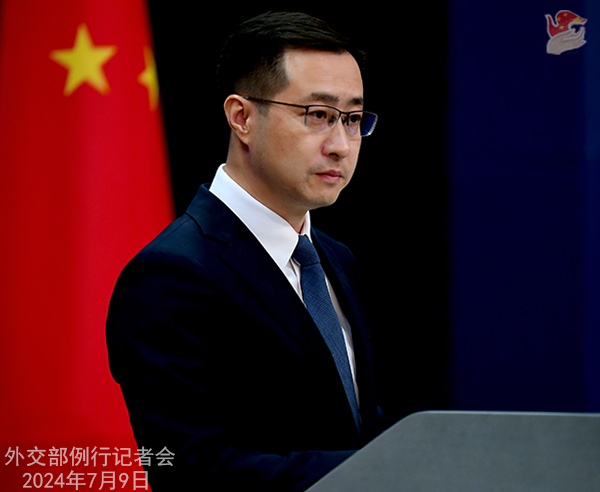
JoongAng Ilbo: According to ROK media reports, China decided to issue an ultimatum to the DPRK authorities, asking them to get all DPRK workers in China back to the DPRK. Is this true? Recently there have been frequent reports that DPRK-China relations are not the same as in the past. What is China’s comment?
Lin Jian: I haven’t heard what you mentioned. China and the DPRK are close neighbors connected by mountains and rivers. The two countries have maintained a traditional friendship and cooperative ties. ROK media have recently been writing about assumptions and speculations on how things are between China and the DPRK, and creating hypes about the relationship. I hope these media outlets will show professionalism and base their reporting on facts instead of treating journalism as if they were writing fictions.
Hubei Media Group: China has recently been a quite popular destination for foreign tourists. Many have posted their experiences on social media. Numbers show that “China Travel” has become a top trending search on multiple global social media platforms. What’s your comment?
Lin Jian: Very glad to see the popularity of China as a tourist destination for foreign visitors. Government figures show that in the first half of this year, China received 14.635 million foreign travelers, up 152.7 percent year-on-year. Among them, 8.542 million entered China visa-free, up 190.1 percent year-on-year. As more and more countries benefit from the visa-free policy and as China adopts more measures to ease cross-border travel, “on-a-whim travel” to China is becoming a reality.
We have seen recently a lot of videos posted by foreign travelers—many are first person view or snapshot videos—which give people a glimpse of China’s robust dynamism. Through their lens, we see the light show on the Liangma River in Beijing, Shanghai street delicacies, food delivery by drone in Shenzhen, and futuristic sky train and self-driving air taxi in Optics Valley, Wuhan. Figures show that 86 percent of the foreign visitors who had been to China before find it much easier today to make a payment in China. Scanning the payment code with one’s phone has become a stylish experience for foreign friends in China.
Competent government agency expects more foreigners to travel to China in the second half of this year. The “China travel” boom stems from China’s unique charm, and more importantly, an open and inclusive Chinese society, and the warm and hospitable Chinese people. It’s also the result of China’s high-standard opening up. China will continue to embrace the world with open arms, inject new dynamism into the world with its development, and create more energy and enthusiasm for people-to-people exchanges between China and the rest of the world. There is so much to see and experience, and so many opportunities to share and turn into cooperation. We welcome more foreign friends to make China the destination of their next journey abroad.
Reuters: A Russian corvette and Chinese warships conducted training exercises while patrolling in the Philippine sea, according to reports by Russia’s news agency TASS. The joint training included the inspection of what they called a “suspicious vessel.” Could we have more information about this naval exercise?
Lin Jian: I’m not familiar with what you mentioned. I’d refer you to competent authorities.
TASS: Today, the fifth meeting of the China-Russia Intergovernmental Commission on Cooperation and Development of Northeast China and of the Far East and Baikal Region of Russia was held in Vladivostok, Russia. Could you share with us more details of the meeting and what’s China’s expectation of China-Russia subnational cooperation?
Lin Jian: We noted the report. China stands ready to conduct sub-national cooperation with Russia based on the principles of mutual respect and mutually beneficial cooperation. On the specifics of the meeting, I’d refer you competent authorities.
AFP: Hungarian Prime Minister Viktor Orbán visited China yesterday for talks on the crisis in Ukraine. What role do you think his trip has played in resolving the crisis?
Lin Jian: Yesterday, President Xi Jinping met with Hungarian Prime Minister Viktor Orbán in Beijing. China has issued a readout which you may refer to.
During his visit, Prime Minister Orbán exchanged views with China on issues including the Ukraine crisis and briefed the Chinese side on his recent trips to Ukraine and Russia. China commends Hungary for the constructive role it has played in finding a political solution to the Ukraine crisis. China calls on all relevant parties to observe three principles for deescalating the situation, namely no expansion of the battlefield, no escalation of fighting and no fanning up the flames by any party, and create conditions for direct dialogue between Russia and Ukraine. China will continue to promote peace talks in its own way and play a constructive role in pushing for the political settlement of the crisis.
RIA Novosti: After Prime Minister Orbán’s trip, what measures will China take to resolve the Ukraine crisis? Will China send Special Representative Li Hui to Russia, Ukraine and Europe again to solve the crisis?
Lin Jian: We released a readout on Prime Minister Orbán’s trip to China. China commends Hungary’s effort to seek a political solution to the Ukraine crisis. China will continue to actively promote talks for peace in its own way and decide on the next steps in light of how the situation may evolve. In this process, China is ready to maintain communication with relevant parties and jointly create favorable conditions for a political settlement.
Ukrinform News Agency: Yesterday, Russian military carried out massive missile attack on Ukrainian cities, including the capital Kyiv city, where they destroyed Okhmatdyt Children’s Hospital, the only one in Ukraine for the treatment of children with particularly serious diseases. As a result of Russian strike, almost 40 people, including children, were killed and more than 200 people were wounded. The UN Secretary General, several international organizations and many countries condemned this Russian missile attack on civilians as a war crime. I’d like to ask how China reacts to this attack? Can China condemn such attacks, and can China express its condolences to the victims in Ukraine?
Lin Jian: China’s position on the Ukraine issue is consistent and clear. Relevant parties should seek deescalation in a responsible way, and accumulate conditions for an early ceasefire and political settlement. Recently China and Brazil jointly issued the six common understandings on the political settlement of the Ukraine crisis, which has received positive response from over 100 countries. The first common understanding is to call on all relevant parties to observe three principles for deescalating the situation, namely no expansion of the battlefield, no escalation of fighting and no fanning up the flames by any party. All parties should remain cool-headed and exercise restraint, and avoid taking any action that may further escalate the situation.
Bloomberg: I have a question for you on the question on the NATO cooperation in Asia. You said that China opposes the expansion of Cold War alliances in this region and that NATO has no place. Last month when the DPRK and the Russian Federation announced the reinstatement of their Cold War alliance on China’s borders, you said that China has no comment on the bilateral cooperation between the two parties, and this is a matter for two sovereign states. Why is it that when Russia and the DPRK revive their Cold War alliance, China has no comment, but when states in Asia sign a multilateral agreement with NATO, China’s opposed to this?
Lin Jian: On the bilateral exchanges between Russia and the DPRK, I have made clear China’s position. It is the bilateral interaction between two sovereign states.
About the question on NATO, I’ve been quite clear as well. China hopes NATO to get rid of the Cold War mentality and zero-sum approach, stop inciting bloc confrontation and forming exclusive clubs in the name of collective defense, and contribute to global peace, stability and development.
Bloomberg: The Australian government today released a report which was signed by the Five Eyes countries, the US, the UK, Canada, New Zealand, also Japan, South Korea and Germany, saying that the China-sponsored APT40 group had repeatedly targeted governments across the Pacific in cyber hacks. Do you have any comment on the accusations in this report?
Lin Jian: We are firmly opposed to such repeated hypes about so-called “Chinese cyberattacks” aimed to smear and frame China on cybersecurity.
Since the accusation emerged, some Chinese institutions have released multiple analysis reports including an analysis report on relevant US APT groups, revealing in detail how the US government has long been spreading disinformation, hyping up so-called “Chinese cyberattacks threat”, while using its tech predominance to carry out massive cyberspace surveillance all over the world. However, the US still hasn’t answered our question: Who’s behind the scene of the surveillance on its allies and partners and the worldwide indiscriminate cyberattacks? Who’s responsible for a global cyber deterrence strategy? Who’s the greatest threat to global cyber security? I believe the international community knows well what the answer should be.
Just yesterday, we stated China’s position on the US disinformation campaign against China in which the US frames China for being responsible for “Volt Typhoon.” And within 24 hours, this report about “Chinese cyberattacks” appeared. Such coincidence makes people wonder if certain country is acting behind the scene to divert attention. We urge relevant parties to open their eyes and make the right judgment, rather than serving as the cat’s paw at their own expense.








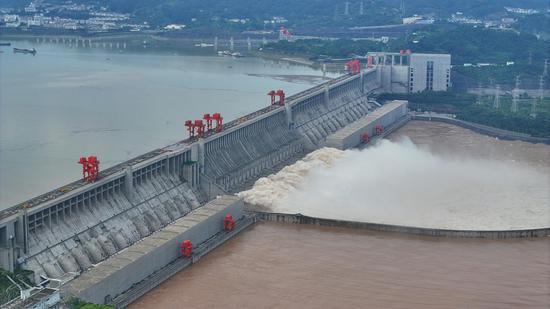
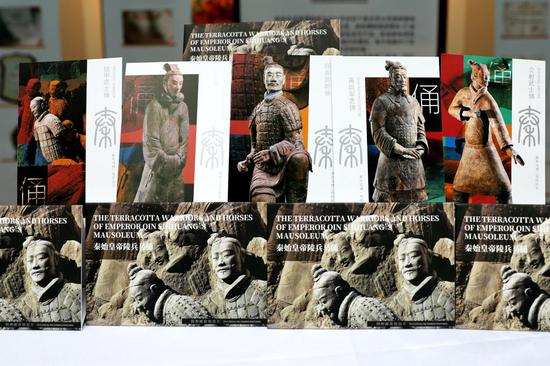

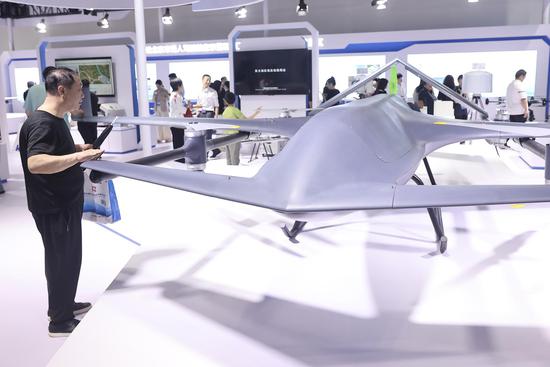
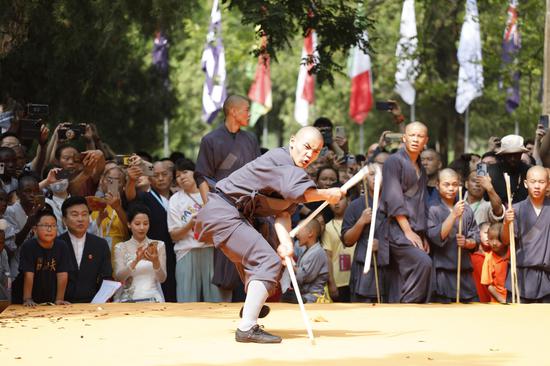
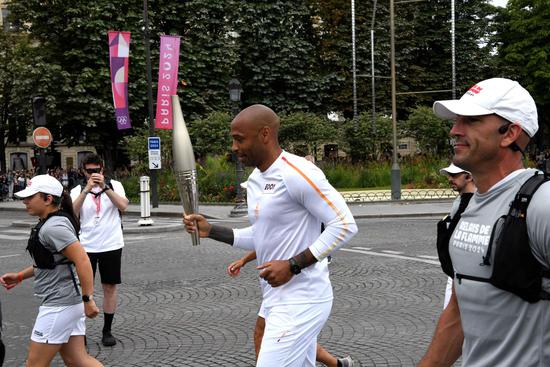

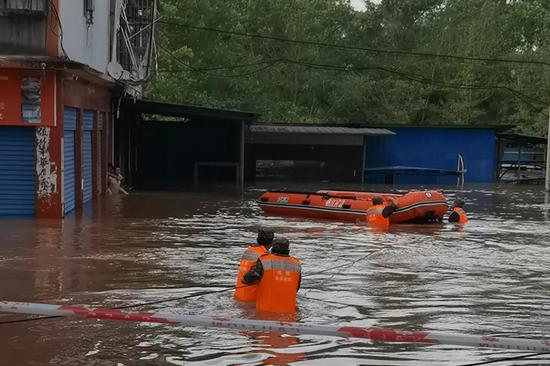
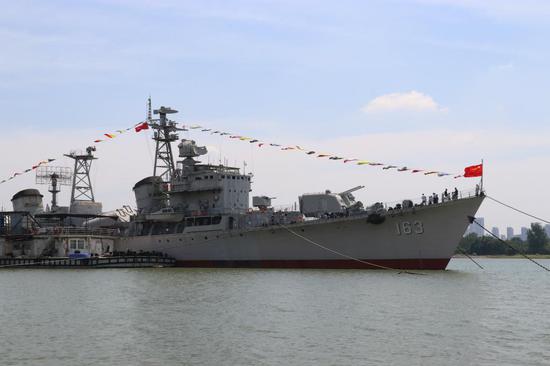
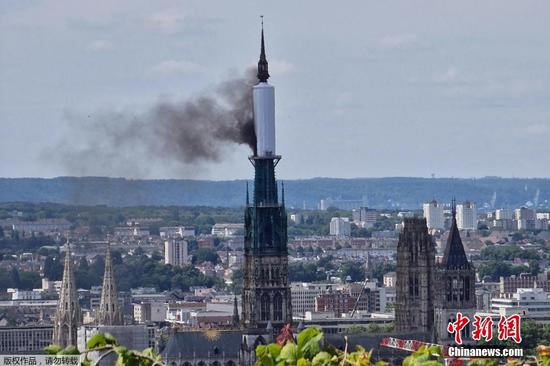

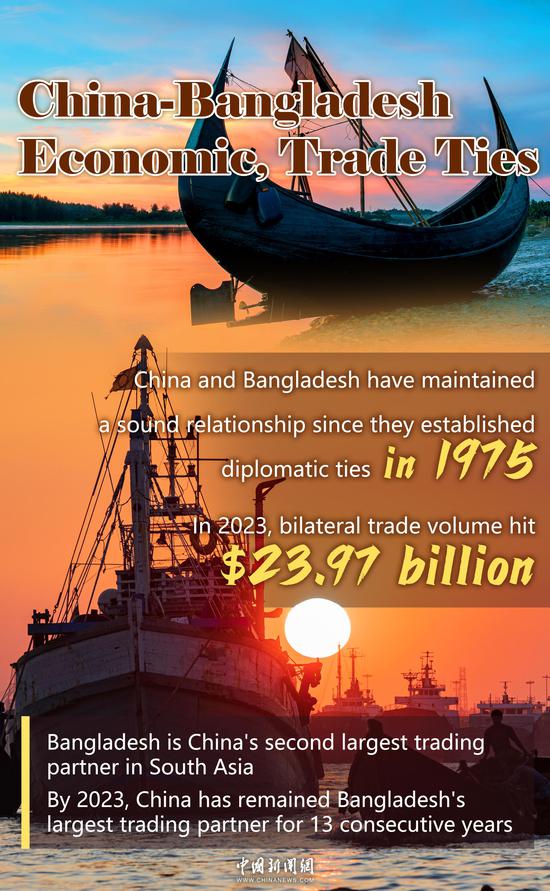

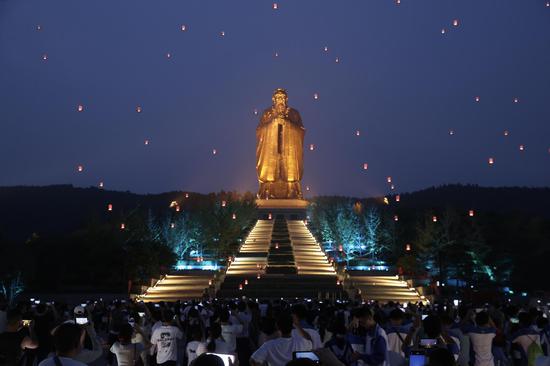
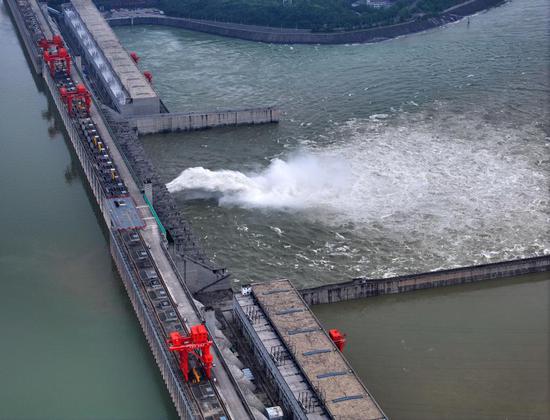
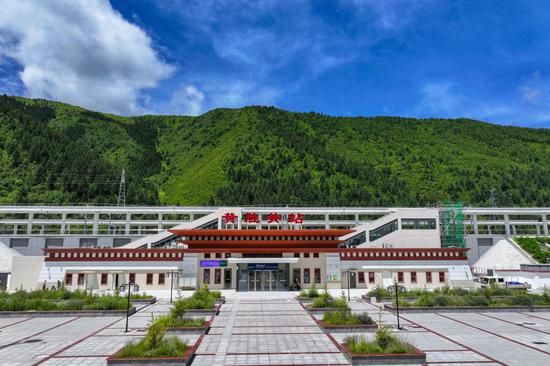
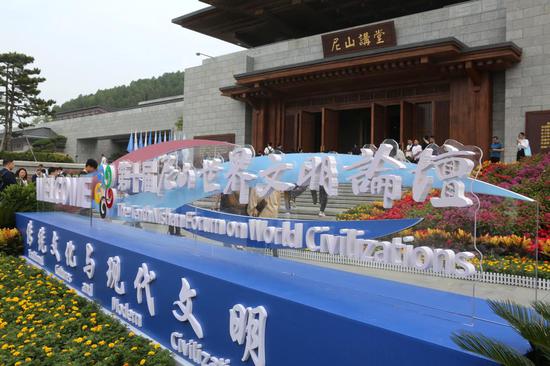
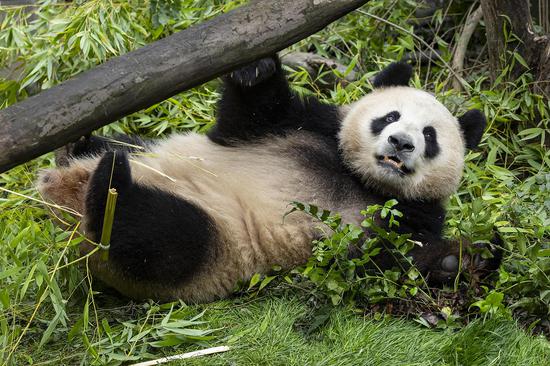

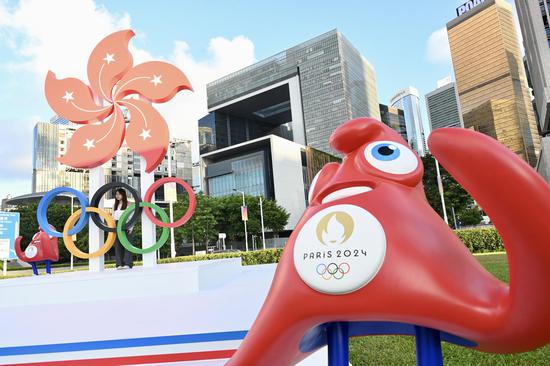


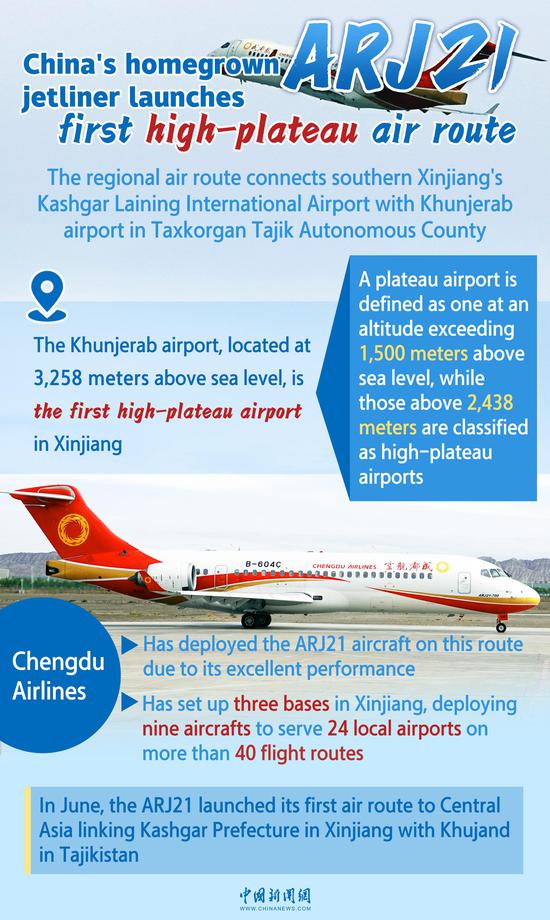
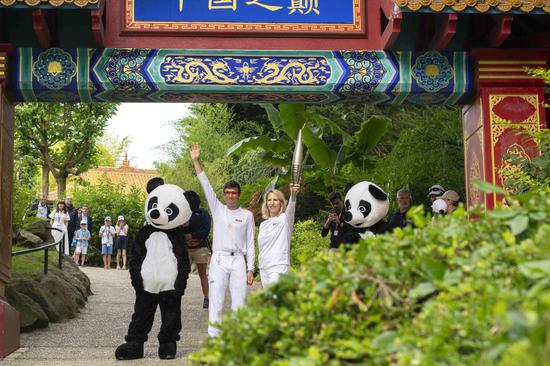
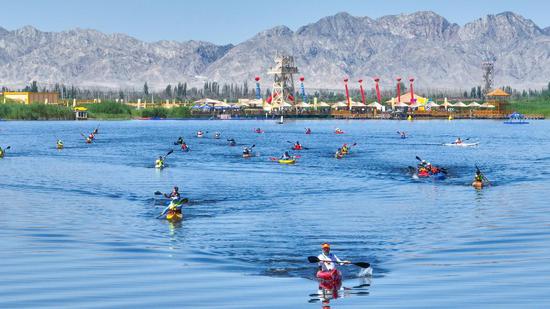
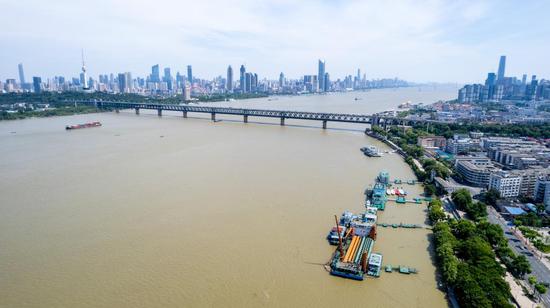
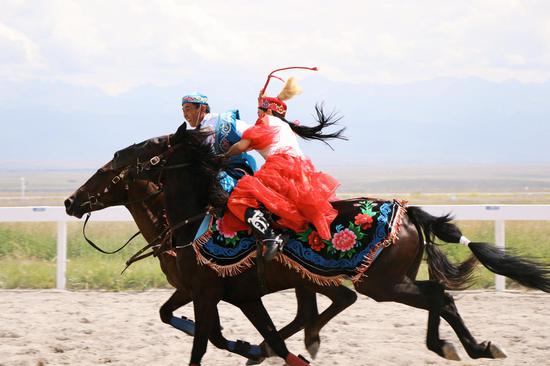
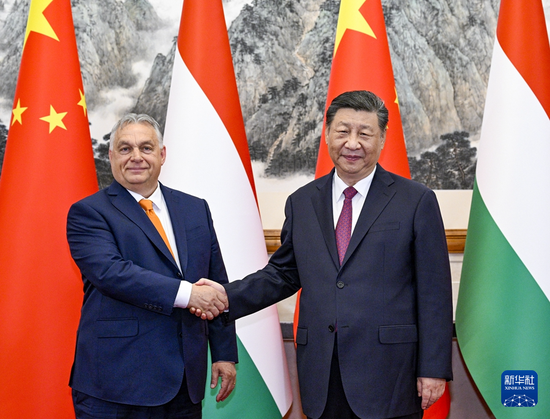
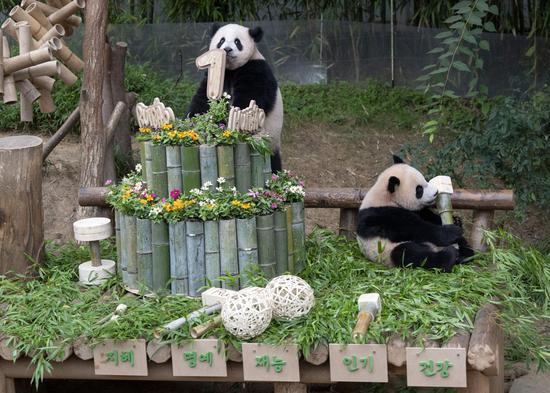
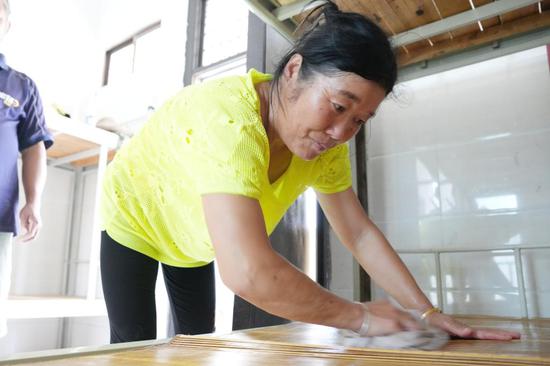
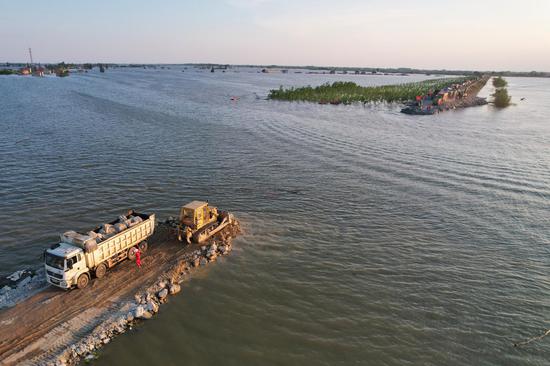
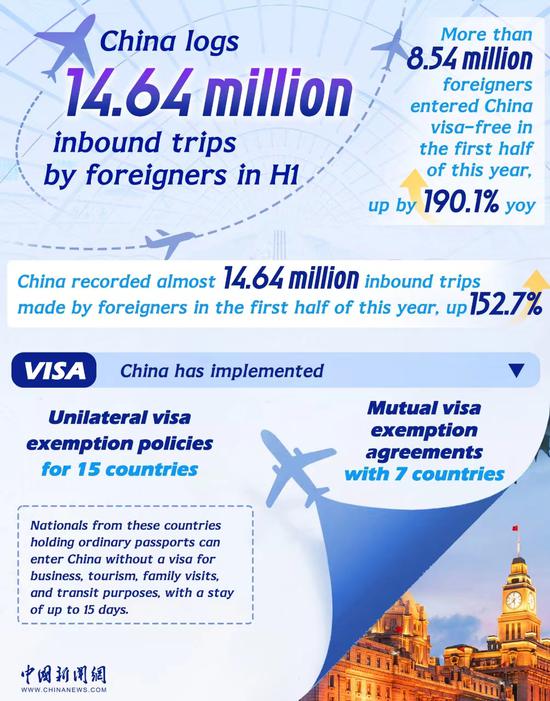
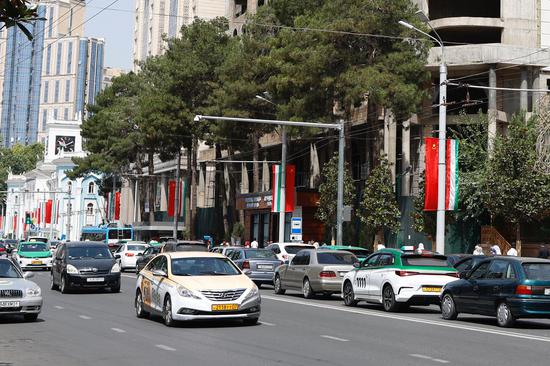
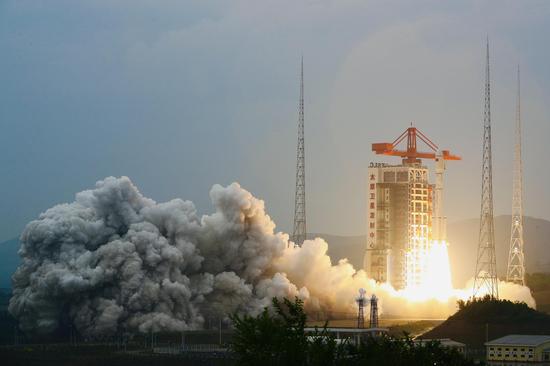
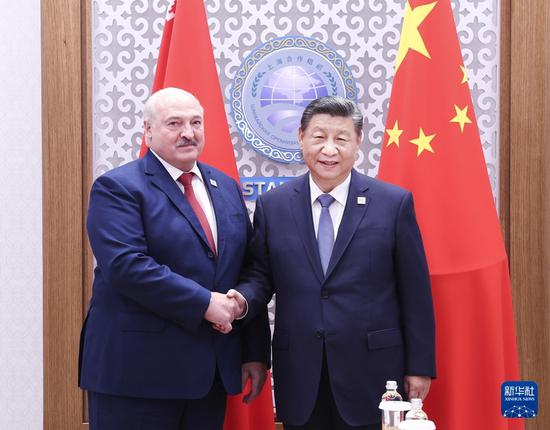
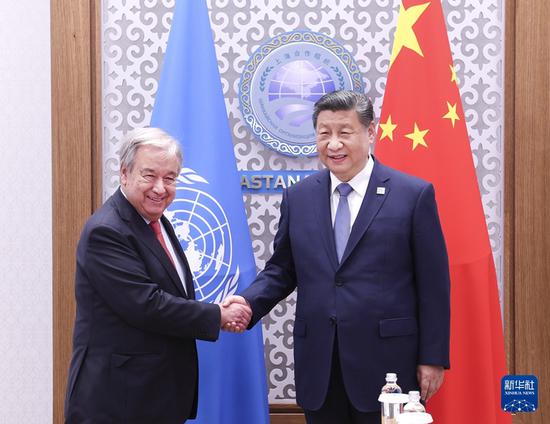
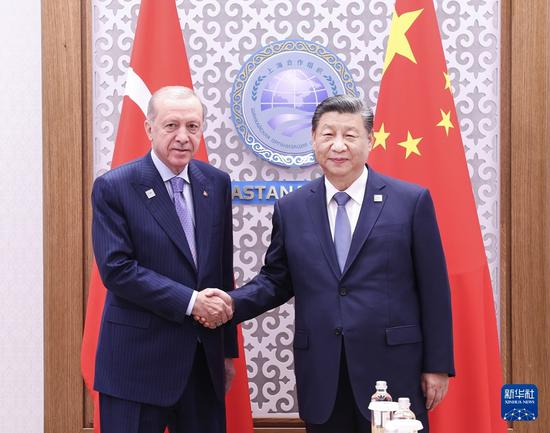





 京公网安备 11010202009201号
京公网安备 11010202009201号